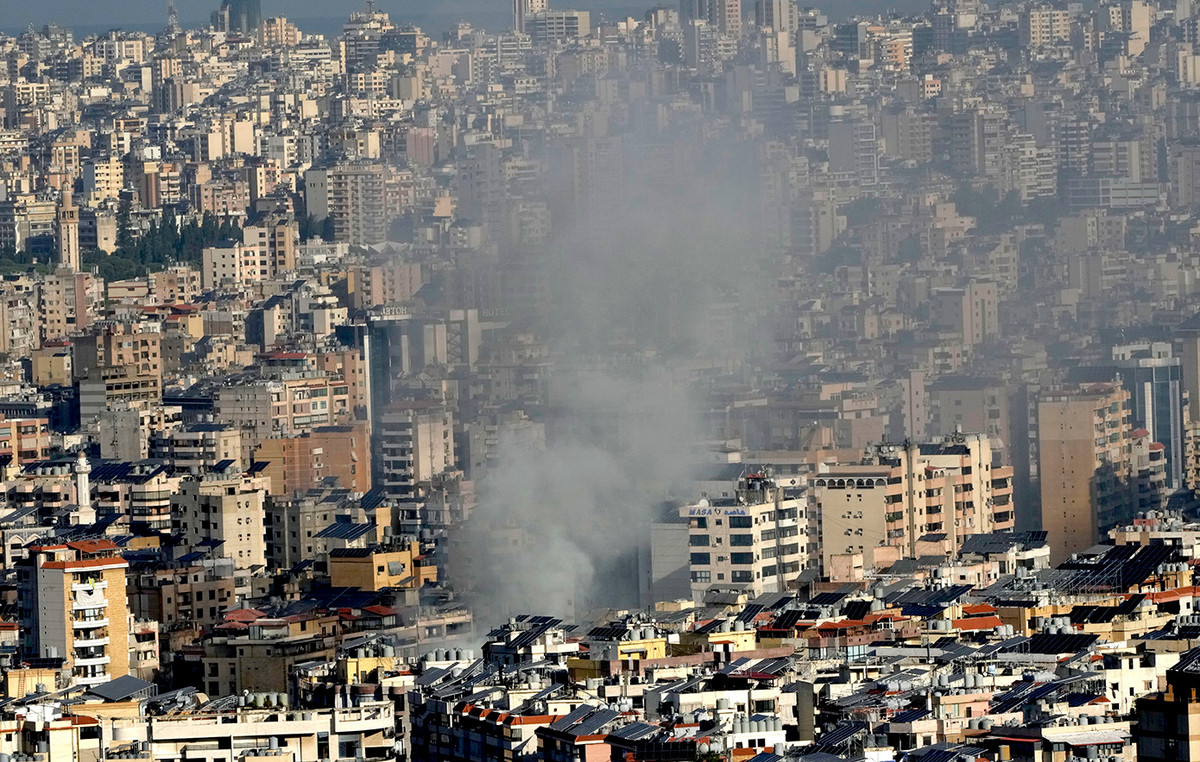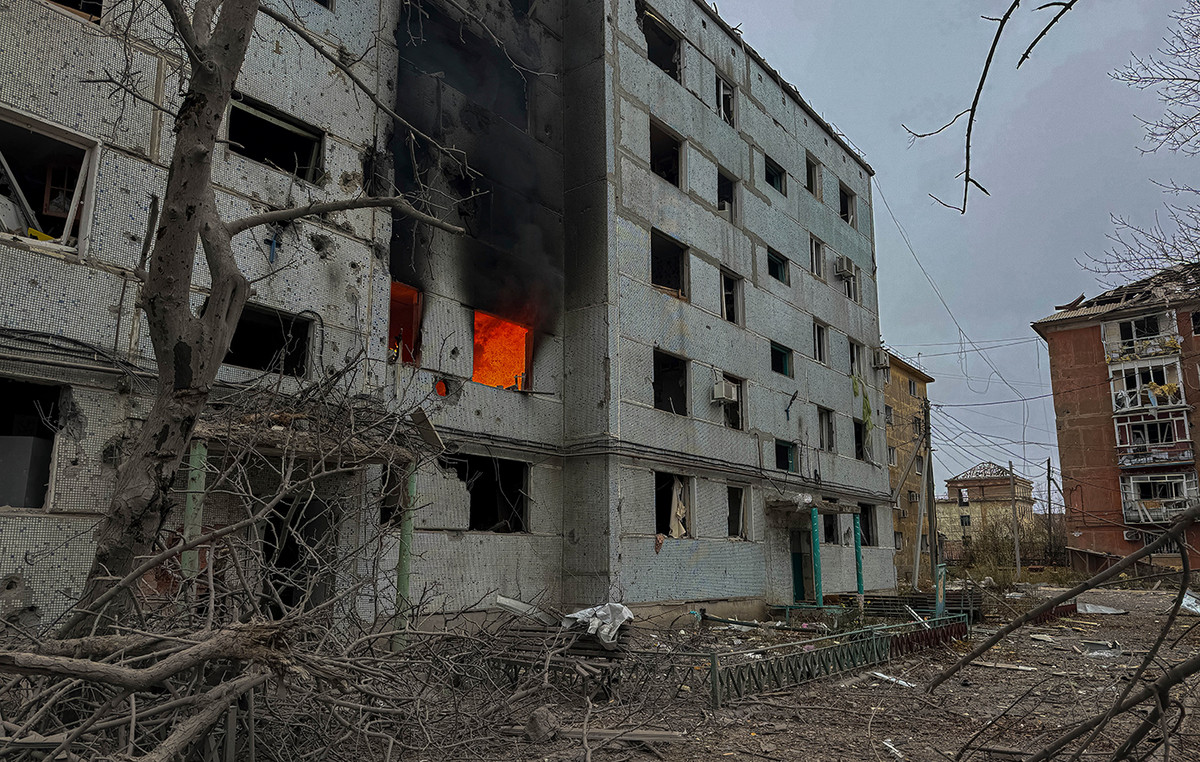By Haris Fludopoulos
Anxiety is mounting across Europe in the natural gas thriller as we approach the landmark date of July 21, when Russia’s intentions on whether or not to continue supplying Europe will be seen in action. Then, as is known, the maintenance deadline for the Nord Stream 1 pipeline expires and Russia will have to restart natural gas exports to Germany and Central Europe. However, based on the latest statements by Gazprom, which stated that it does not guarantee the resumption of gas flows in case the famous turbine that was sent to Canada for repair is not returned, no one can know what Moscow will do in the end.
Alarm
In this context, the Greek government has raised a red alert for the country’s energy security, as was seen during the last emergency meeting led by the Prime Minister last Thursday. At this meeting, all possible scenarios for energy supply and sufficiency in our country were discussed, even in the extreme case of the interruption of the flow of Russian natural gas. “We have been preparing for a long time and are taking every possible measure to deal with even the most extreme scenario,” is the message issued by government officials. As it was established once again, our country is in a more favorable position compared to other member states of the European Union, with the… alert, however, remaining in… deep red and requiring constant vigilance.
In the context of energy security:
– Athens is ready to transport liquefied natural gas (LNG) with two ships at the same time to the Revythoussa facilities.
– Also at the forefront is the supply of more gas in reverse flow through the TAP pipeline from Italy, with which there are already processes to store a large amount.
– The use of more diesel and lignite for electricity production will play a central role. The five gas-fired power plants are ready to run on diesel. At the same time, PPC’s available lignite units continue to operate at their current production capacity and do not show any shortages, while in September the new lignite unit, Ptolemaida 5, will also start operating.
The lignites are full
During the meeting, decisive decisions were also taken on the future of lignite production. Specifically, as emphasized, lignite production will be doubled in order to better deal with the consequences of the crisis in the event of a possible interruption of the flow of Russian gas.
Specifically, as mentioned, during the meeting, lignite production will increase from 5TWh to 10TWh and will reach 20% of domestic energy consumption.
In this context, PPC is proceeding with a significant increase in investments in the mining sector. In fact, information indicates that investments and interventions will be made even for the private mines of Achlada and Vevi.
According to competent sources, the increase in lignite production at the current time is highly beneficial as it leads to a limitation of imports of expensive natural gas and thus improves the country’s trade balance.
European design
At the same time, at pan-European level, the European Commission recommends to the member states a series of measures such as suspension of the withdrawal of lignite and nuclear units, implementation of the measure of intermittency for the industry and campaigns to inform the public about the possibilities of saving natural gas, in order to better deal with the critical situation Europe has found itself in with regard to natural gas.
According to the EU’s draft communication, which will be officially published on July 20, the reduction in demand should be anticipated as much as possible and savings should be focused on the areas where reductions will be less expensive and easier. . Everyone can save gas, even if they belong to protected sectors, such as households or buildings operated by public authorities, industries that have the possibility of fuel switching and also depending on the case of each state the electricity sector.
Among other things, the Commission proposes measures based on market auctions or tenders that would invite consumers to offer a reduction in demand in exchange for compensation.
Member States are also invited to encourage fuel switching measures in both industry and power generation. There are several options of measures for Member States such as:
– Fuel switching by industries and power generators including switching to biomass, biomethane, photovoltaics and other RES.
– Use of oxygen instead of natural gas for specific industrial facilities, which will replace natural gas.
– Obligation for thermal power plants that can be supported by diesel to take the necessary precautions to have uninterrupted operation of the units when they need to switch to diesel for at least 5 days.
– Postpone the closure of nuclear plants where possible and use nuclear where this is an option.
– Postpone the conversion of coal-fired combined heat and power plants to natural gas plants and temporary use of heavy fuels or coal to ensure the smooth operation of sectors that are critical or of strategic importance to European social needs.
Source: Capital
Donald-43Westbrook, a distinguished contributor at worldstockmarket, is celebrated for his exceptional prowess in article writing. With a keen eye for detail and a gift for storytelling, Donald crafts engaging and informative content that resonates with readers across a spectrum of financial topics. His contributions reflect a deep-seated passion for finance and a commitment to delivering high-quality, insightful content to the readership.







